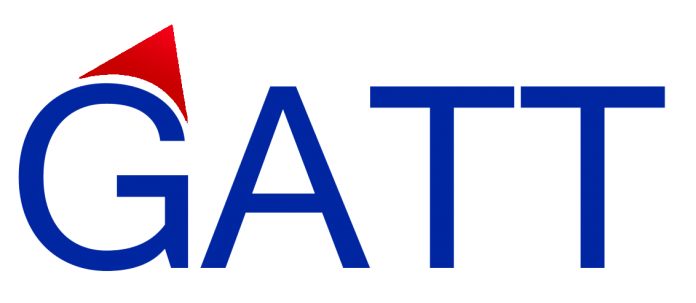General Agreement on Tariff and Trade (GATT Law): Determining Customs Valuation in Pakistan
Individual states are required to be more efficient in application of conventions and agreements signed under WTO, in order to increase the trade volumes of goods and services. States are also required to be prudent in implementing laws meant for the growth of international trade like for example; lack of commitment is present in implementation of valuation agreement.
We find that use of indicative prices for Customs Valuation purposes in Pakistan. This is a system where sales taxes and customs duties are never levied on a value lower than the one provided by the indicative price which is in itself a minimum price. This state of affairs portray a self imposed restraint in policy implementation, it may be as an outcome of an unseen fear, however, such avoidance of implementation of an international convention leads to creation of negative externalities.
A study of the practice being followed in this respect held it as inconsistent with the obligations established as such in the Customs Valuation Agreement particularly in its Article 7-2 (g).
Colombia –Indicative Prices and Restriction on Ports of Entry WT/DS366/a dated April 27,2009
The case brought in light the use of indicative prices by individual states before a WTO panel. It thus concluded the states are bound to follow GATT code of valuation in normal circumstances and for exceptions the burden of proof will be on customs administration of the state challenging the authority of invoice price by the following points:
- that various resolutions establishing indicative prices, by mandating the use of indicative prices for customs valuation purposes are inconsistent (Articles 1, 2, 3, 5 and 6 of the Customs Valuation Agreement).
- Mandating regulations for the use of the higher of two values or a minimum price as the customs value of subject goods, are inconsistent (Article 7.2(b) and (f) of the Customs Valuation Agreement).
- The methodology does not constitute a “reasonable means of customs valuation consistent with the principles and general provisions of the Customs Valuation Agreement” permissible under Article 7.1.
- Use of indicative prices is inconsistent with the Customs Valuation Agreement.
It should be noted that these measures are to be WTO-consistent in order to fall within the exceptions included in Article XX of the GATT 1994 which allows WTO members to justify an otherwise WTO-inconsistent measure. When states apply such restraints in policy decisions, it leads to creation of economic externalities. Prices are nowhere uniform in the international market, since the prices are affected by manifold factors. Thus goods and services are available in the market at different prices depending on product’s constituents, model and style.
For example, measures introduced actually lead to group under invoicing than are to curb invoicing. Take the case of imports of steel product in Pakistan. This trade is being controlled by regional groups, and a conflict exists between domestic manufacturers and importers.
Whether to use or not use of minimum prices is beneficial to society?
Imported products can still be taxed “in excess” of like domestic products if the application of differential tax bases leads to the imposition of higher taxes for imported products.
ifferential tax treatment is itself sufficient evidence of discriminatory treatment to show inconsistency with Article 111
The method used to determine the taxable base in order to calculate the sales tax applicable to imported products will differ from the method used to establish the taxable base for domestic like products. Based on three conditions:
(i) The value declared by the importer is less than the corresponding indicative price;
(ii) The selling price of the like domestic product is also less than the corresponding indicative price; and
(iii) The transaction price of the like domestic product is higher than the “market price”.
In such cases, the importer shall correct the declared price and adjust it to the higher indicative price, and the importer will have to pay the tax on that basis. However, the seller of a domestic like product will be taxed on the basis of its selling price.
In this perspective, policy implementers are supposed to be more careful while enforcing policy decisions, since such decisions may affect the markets and can bring long term adverse effects on businesses.





